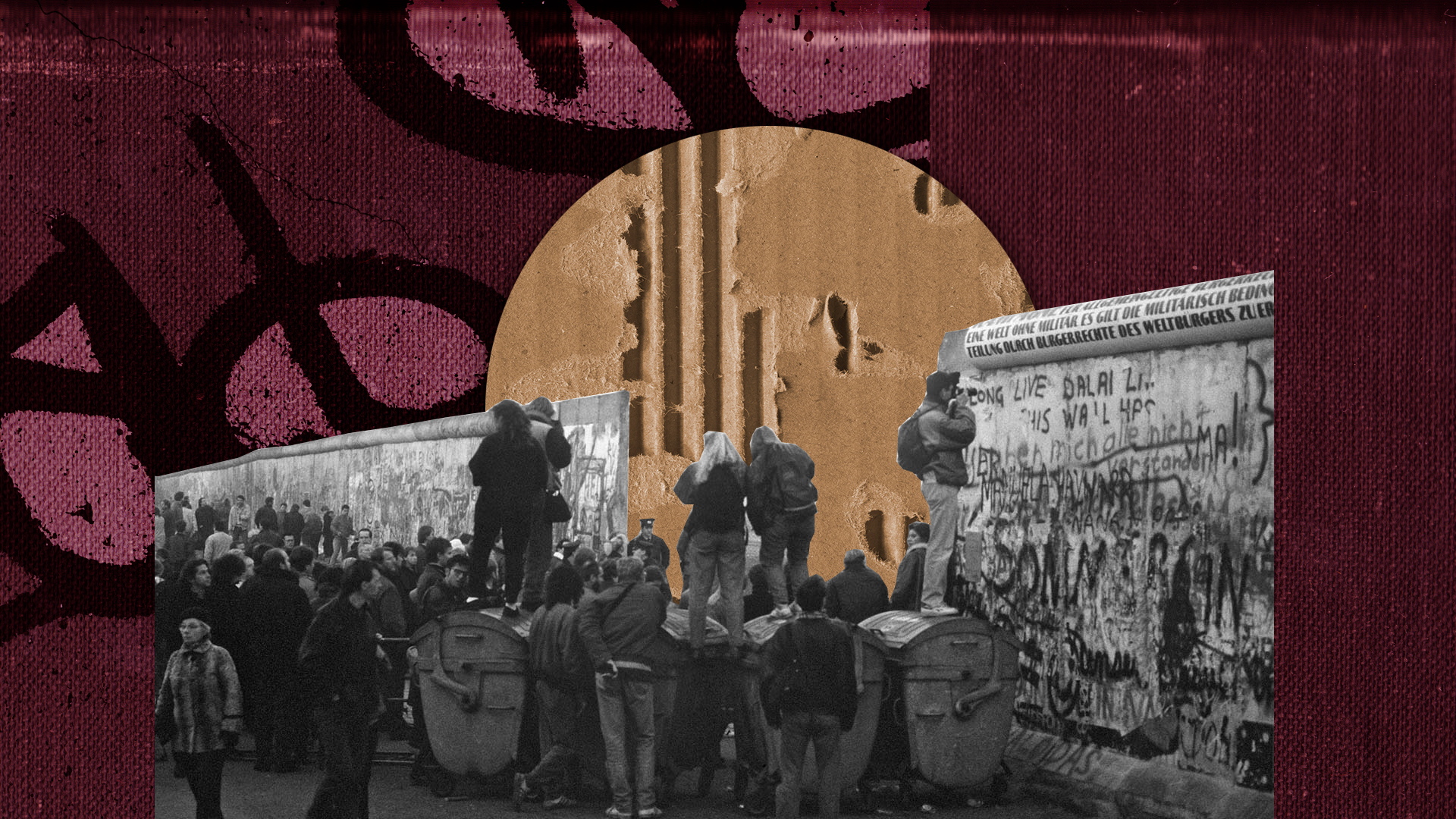
- Decentralized autonomous organizations have received governmental credit and support.
- Seemingly unbiased autonomous organizations can challenge the inherited order upheld by governments.
- The state of Wyoming has approved the first registration of a DAO as an LLC.
- DAO’s can now transact freely within the US state as they are recognised as legal entities.
The innovative requisite of the crypto industry is holding a fast pace. Between 2020 and 2021, DeFi, and later NFTs, started to be embedded into the very fabric of digital crypto activities. Not only that, but they’ve been challenging the centralized status quo and its outdated practices, creating a testing incubator for other blockchain assets to become functional. DAOs have since emerged as an operational necessity as decentralized protocols widen their expansion into the digital space.
DAOs and the Decentralized Solution
DAOs are becoming more central to the cryptocurrency economy, and the state of Wyoming has passed a state-wide bill recognizing DAOs as legal formations. American CryptoFed DAO LLC has thus become the first legally registered and recognized DAO. Michael Orr, the CEO of the first DAO LCC, emphasized that the regulation change indicates “mass acceptance is now possible.”
The DAO bill was proposed and pushed by Aaron Wright, a professor at Cardozo School of Law, and their students. Wyoming has been praised for its forward-thinking approach after the state granted Kraken a bank charter, becoming the first crypto business to operate with a banking license in the US. Edward Buchanan, Wyoming’s Secretary of State, affirmed that Wyoming would continue to push for digital and financial innovation.
Sponsored
Aaron Wright concluded that, with the lower registrant ticket for DAOs, millions if not billions of DAOs could emerge in the industry. Furthermore, he emphasized the cost of setting up a DAO would be in the order of hundreds of dollars, in contrast to filing for the establishment of an LLC, which can total up to “tens of thousands of dollars” in fees. In this regard, governments are recognizing the ability of DAOs to maintain transparency and promote fairness, as they are rooted in lines of code.
DAOs as Decision Making Enforcers
Unlike traditional companies, DAOs retain the flexibility to create their own structure. The structure of DAOs is programmable, and so can be edited to meet its demands, and those of stakeholders. Protocols are governed by VCs, whose main goal is to generate a return. However, as observed by Charles Watkins of CURVE, the community is “happy” when developments are led and approved by token holders and those who have the “protocols best interest in mind.”
Ethereum and Bitcoin both operate DAOs that make decisions within the best interests of the ecosystem. However, newer protocols, such as Uniswap and 1inch, are helping DAOs to develop in parallel with DeFi and NFTs.
Sponsored
DAOs, in the case of crypto protocols, are a protection layer that defend the best interests of the technology. As such, Curve, a decentralized exchange, is holding a vote on whether to enforce its intellectual property rights in court. Network participants and token holders have the right to vote on this topic, and the final outcome will be implemented through the automated DAO process.
On the Flipside
- Vitalik Buterin argued that expanding blockchain voting outside of DAOs is not feasible due to concerns about security issues past the reach of the native blockchain.
- DAOs are only recognized business entities in the US.
- Token holders with a higher stake can significantly impact the decision process, depending on how the algorithm is set up.
- The DAO had a breach of security, emphasizing that security is still a cause for concern.
Decentralization Will Never Be Obsolete.
The case of decentralization has been a long-standing debate. Still, The Wolf Of All Streets highlighted Bitcoin as a decentralized paragon, emphasizing the efficiency of the network despite the loss of hashrate.
In an Entrepreneur article, Andrey Sergeenkov argued that DAOs have the ability to disrupt an industry that is highly criticized, and goes against common interest. He proposed DePa (decentralized political parties), arguing that blockchain can increase political accountability and transparency with a new DAO format.
While decentralization is the attainable reality sought by blockchain maximalists, hidden agendas and financial incentives are the deciding factors of not enforcing decentralization. Thus, DAOs have the ability to overturn existing processes, adding a layer of trust to blockchain solutions.
